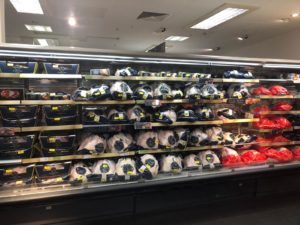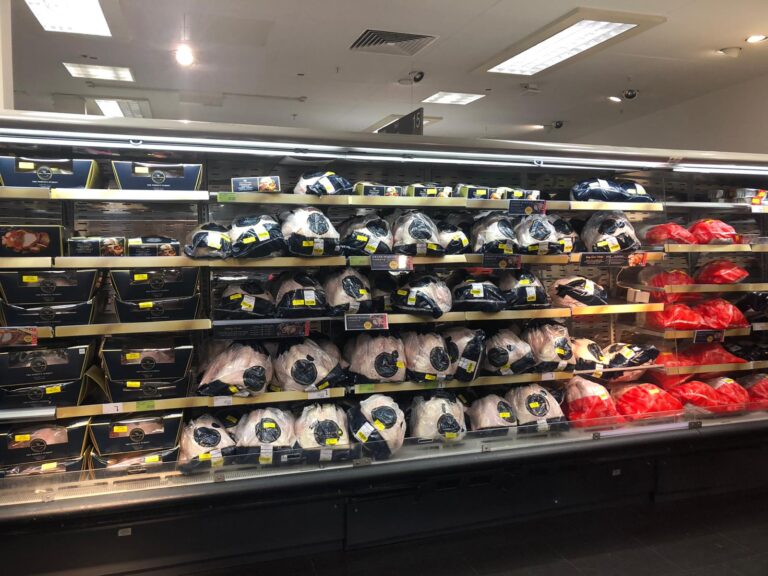Marks & Spencer continued to cite supply chain issues – this time in its food business – as like-for-like sales increased by 0.2% during Christmas trading.
Total UK turnover for its third quarter (the 13 weeks ending 28 December 2019) stood at £2.76 billion, with food up 1.4% to £1.7 billion, but clothing and home sales fell 1.7% year-on-year to £1.06 billion.
Chief executive Steve Rowe said: “As we drive a faster pace of change, disappointing one-off issues – notably waste and supply chain in the food business, the shape of buy in menswear and performance in our gifting categories – held us back from delivering a stronger result.
“However, the changes we made earlier in the year in clothing have arrested the worst of the issues of the first six months and we are progressively building a much stronger team for the future.”

The retailer said it had taken action to improve availability, reduce options and improve value to help reduce the value of stock into sale by 12%.
Its online clothing and home turnover was up 1.5% however, M&S, said this was lower than expected. It said that revenue had been “adversely impacted by competitor discounting in December” as well as “lower furniture dispatches at the start of the quarter”.
M&S said it had generated an improved run rate in traffic and orders, started to implement improvements to search and personalisation in the period and launched an instalment payment option.
In November 2019 Marks & Spencer blamed supply chain issues for a 5.5 per cent fall in clothing and home sales during the first half of its financial year.
In the same month Richard Price, formerly chief executive of F&F Clothing at Tesco was appointed as MD, Clothing & Home. Jill McDonald left the role in July 2019.







